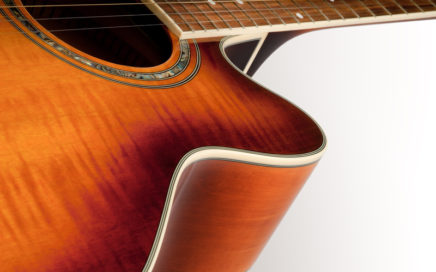
Chord Progression Suggestions for Song Refrains
A refrain is not a short chorus. It’s better thought of as the end of a long verse. In that respect, since most song refrains will end on the tonic chord (the I-chord of your chosen key), the best chord progressions for a refrain will be ones that drive strongly toward that tonic chord by […]














